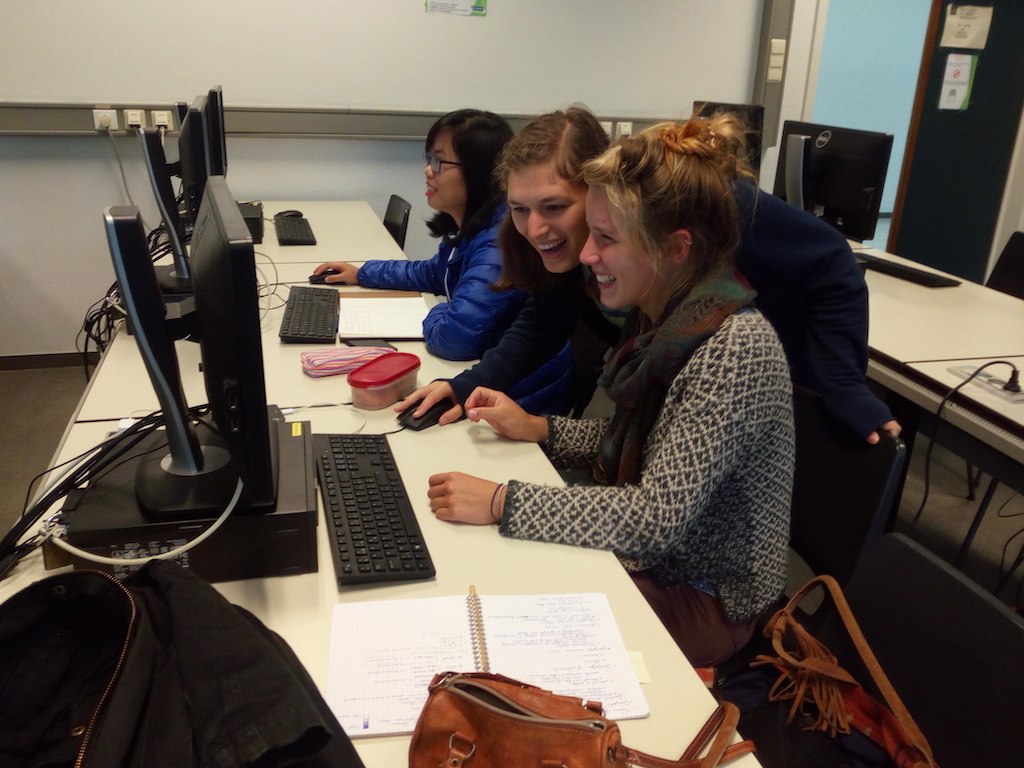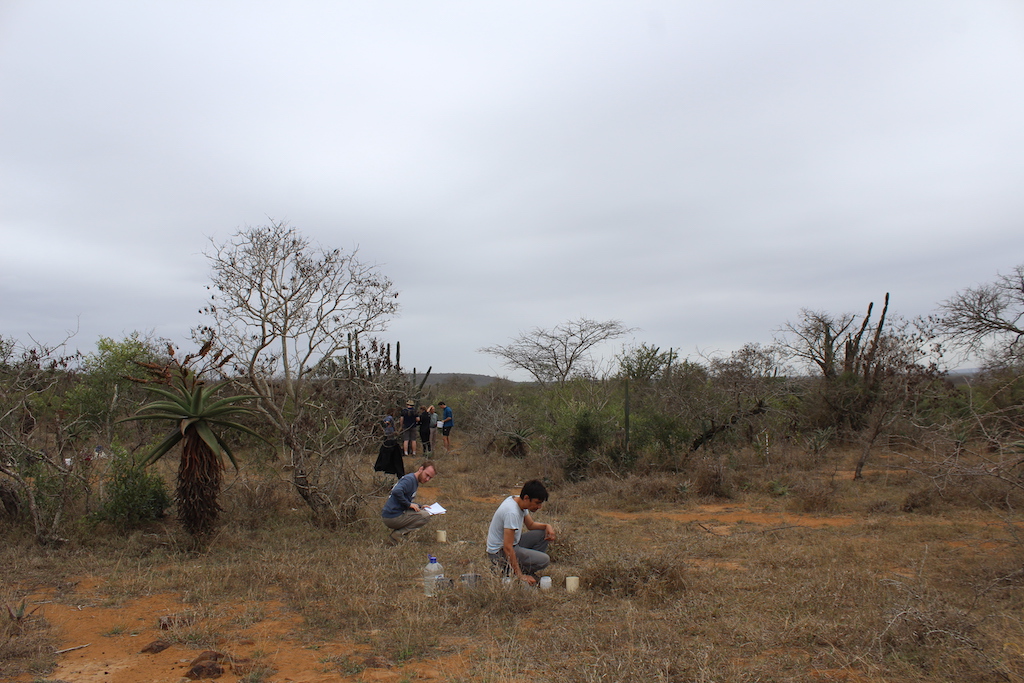About
An academic programme that prepares the sustainability leaders of the future
By attending the shortage of experts in the sustainability field, the Master of Science in Sustainable Territorial Development has been designed as a research driven education programme that prepares the sustainability leaders of the future.
The main objective is to train students to become the agents of change that will imagine, trigger and implement the sustainability transition of the 21st century, both in the Global South and Global North. The distinctive strength of this Master programme is its interdisciplinary character bridging societal and ecology sustainability challenges, and by doing so, going beyond the dualistic perspective on “nature” and “society”, which is still prevalent in education, research, development cooperation and public policy.
A research driven education programme with a societal impact aiming at creating sustainable development agents of change
This Master connecting social and ecological realms of the sustainability problematic is innovative in its vision, content, methodology and societal relevance. Key innovations include:
- A unique academic programme and interdisciplinary approach on sustainable development that goes beyond the society-ecology divide.
- An active research driven education model mindful of ethics, gender, diversity and Global South needs.
- A programme led by internationally recognized sustainability experts and which connects academic research, education, outreach and policy-making.
- A research driven education programme designed to train the future sustainable development agents leading change.
- A programme that not only navigates sustainability from an interdisciplinarity perspective but also transits towards transdisciplinarity efforts with societal and policy impact.
- A programme reflecting and addressing the sustainability needs of the Global South but from a multi-scalar perspective that connects southern and northern challenges and transformations.
An active research-driven education model with five main pillars
Pillar 2 : Training in research stimulating critical learners, systemic thinking and creativity in the solution of complex socio-ecological problems and triggering real change.
Pillar 3 : A programme informed by and serving the needs of Global South regions facing economic, social and ecological challenges.
Pillar 4 : The active integration of fieldwork in the South, internship, thesis and portfolio development in the professional preparation of the students.
In simple words, this Master programme embraces sustainable development beyond the walls of universities and classrooms to engage with real world settings and localities in their search for solutions to their most pressing problems.
Who is who
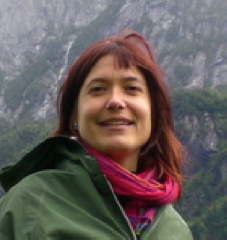
Constanza Parra Novoa
Prof. Constanza Parra is a social scientist with an interdisciplinary interest in the ways societies relate to the natural environment and deal with contemporary sustainability challenges. She is engaged in theoretical and empirical research on the human and social distinctiveness of the sustainability problematic. She was trained as a sociologist in Chile and obtained her PhD in applied economics in France. Her research focuses on social sustainability and social resilience, nature-culture relationships, governance of socio-ecological systems and social innovation, with case-studies in Europe and Latin America. Ongoing research projects cover themes such as protected areas and biodiversity conservation, ecotourism, disasters, food, land grabbing and the landed commons.
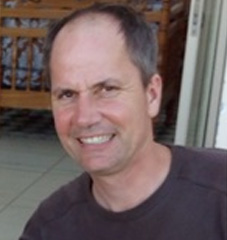
Anton van Rompaey
Anton is a professor Geography. He teaches cartography, landscape analysis and spatial modeling. His research focuses on the causes and consequences of migration and urbanization and the development of novel techniques to monitor, analyse and model land use systems at rural-urban interfaces. He has a special interest in human-environment systems in transition that are characterized by feedbacks loops and tipping points. Anton likes all kinds of outdoor activities such as hiking, cycling, tennis and gardening. He lives in Heverlee and is the proud father of two boys and 1 girl.
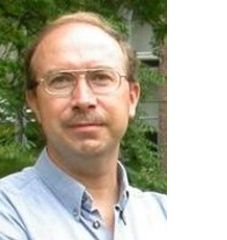
Luc Brendonck
Luc is a biology professor with 30 years of experience within the fields of aquatic ecology, taxonomy, ecotoxicology, sustainable development, evolutionary ecology and ecological biogeography. Mainly temporary aquatic systems worldwide are used to assess diversity patterns in relation to environmental gradients and as models to analyze fundamental ecological and evolutionary processes. His group is also strongly involved in research dealing with the sustainable use of aquatic resources, mainly in Africa.
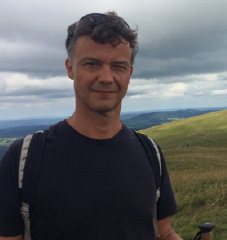
Olivier Honnay
Olivier holds a master in Agronomy (agricultural engineer) and a PhD in Plant Ecology (KU Leuven, 2000). He is currently full professor of Conservation Biology at the Division of Ecology, Evolution and Biodiversity Conservation of the Biology Department. His research focusses both on the conservation and the restoration of plant species communities in natural ecosystems, and on the ecosystem services provided by plant species and soil fungus communities in temperate and tropical agro-ecosystems. Olivier has done plenty of research on the conservation of the wild Arabica coffee gene pool and on agroforestry systems in South Ethiopia.
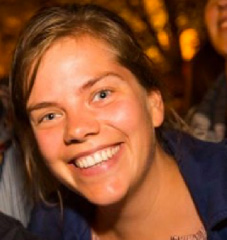
Klara Claessens
Klara is a postdoctoral researcher at the division of Geography and Tourism, KU Leuven. In 2017, she obtained a PhD in development studies at the Institute of Development Policy and Management at the University of Antwerp. Her research focuses on land relations, natural resource management, agrarian change and local politics in the Great Lakes Region in Central Africa. Klara is the coordinator of the Master program.
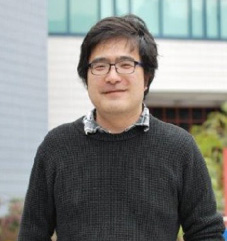
Yunpeng Zhang
Has been a postdoctoral research fellow at the Division of Geography and Tourism (KU Leuven) since October 2014. He holds a PhD degree in human geography from the University of Edinburgh, UK. His research focuses broadly on the production of space under financial capitalism and various forms of injustice therein. He has a strong expertise in socio-spatial reconfigurations in contemporary China. He presently works on a FWO-funded project. This project investigates the accumulation of public debts in China and the implications for Chinese society as well as the international community.
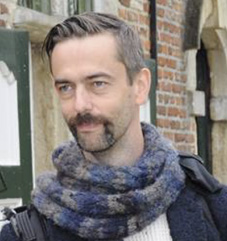
Maarten Loopmans
Is a political ecologist and human geographer focusing on spatial development and urban-rural relations. He is engaged in both fundamental and applied research projects. As such, he has done research and published on topics of the social dimensions of urban and rural planning and the everyday use of the built environment. He also writes about urban and rural marginalization and discrimination in relation to the governance of social and material infrastructure and ecological and health issues, both in Europe and the Global South (in particularly Subsaharan-Africa and the Middle East).
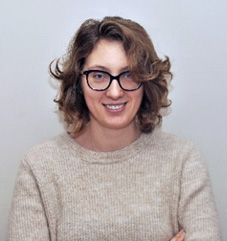
Katarzyna Janusz
Is a post-doctoral researcher at the Division of Geography and Tourism at KU Leuven. She completed a PhD in Geography at KU Leuven in 2018. Her PhD research focused on tourism-generated problems in historical cities and management of urban heritage sites. She has also done research about urban mobility in African cities. Next to PhD, she co-cordinated Erasmus Mundus Master Programme in Sustainable Development, organising the stay of international students in Leuven and supporting the work of the programme consortium. Currently, she manages the EIT Labelled Master Programme on Sustainable Materials (SUMA) and supports the coordination of ICP Master in Sustainable Development.
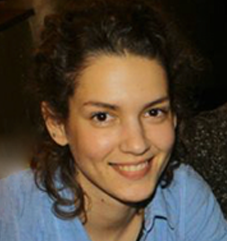
Eirini Skrimizea
Is currently a postdoctoral researcher at the UMR Agroécologie, Université de Bourgogne and research fellow at the Division of Geography and Tourism, KU Leuven. She has a background in rural and surveying engineering, spatial and environmental planning, and interdisciplinary research focus. In 2018, she received a joint PhD degree in Urban Studies from the Scuola Universitaria Superiore Sant’Anna di Pisa and from the Gran Sasso Science Institute in Italy. Her research encompasses aspects of social-ecological systems (SESs) theories, planning theory, vulnerability trade-offs, sustainability transformations, global change mitigation and adaptation, and multi-level governance of SESs.


